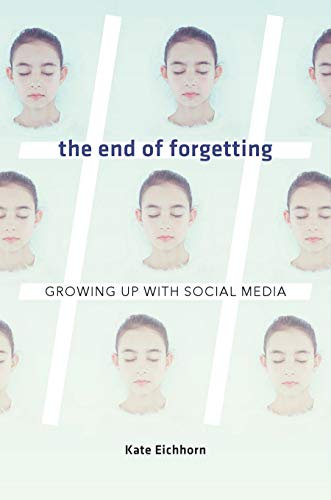Last July, a Silent Generation Vermont senator from Brooklyn met with a Millennial Bronx rapper. In a Detroit nail salon, Bernie Sanders and Cardi B talked about a lot of issues. But the conversation hinged on young people, the issues they face, and how they can get involved in electoral politics.
In his 2016 run for president, Sanders earned his reputation as the candidate of young people. It was that election where Cardi B first noticed Sanders, instructing listeners to ‘vote for Daddy Bernie, bitch.’ From the middle of the country to the coasts, Sanders defeated Hillary Clinton again and again among voters under 40. And he’s earning that reputation again in the 2020 cycle. In the most recent polling, Sanders leads young voters by 17 (HarrisX/The Hill), 21 (YouGov/Economist), and 21 (Quinnipiac) points. When young people vote, Bernie Sanders wins. And more broadly, when young people vote, social democracy wins. So, why didn’t Bernie win in 2016? And why is he still running a bit behind Joe Biden in 2020?
Let’s think about this by looking at the Iowa problem.




